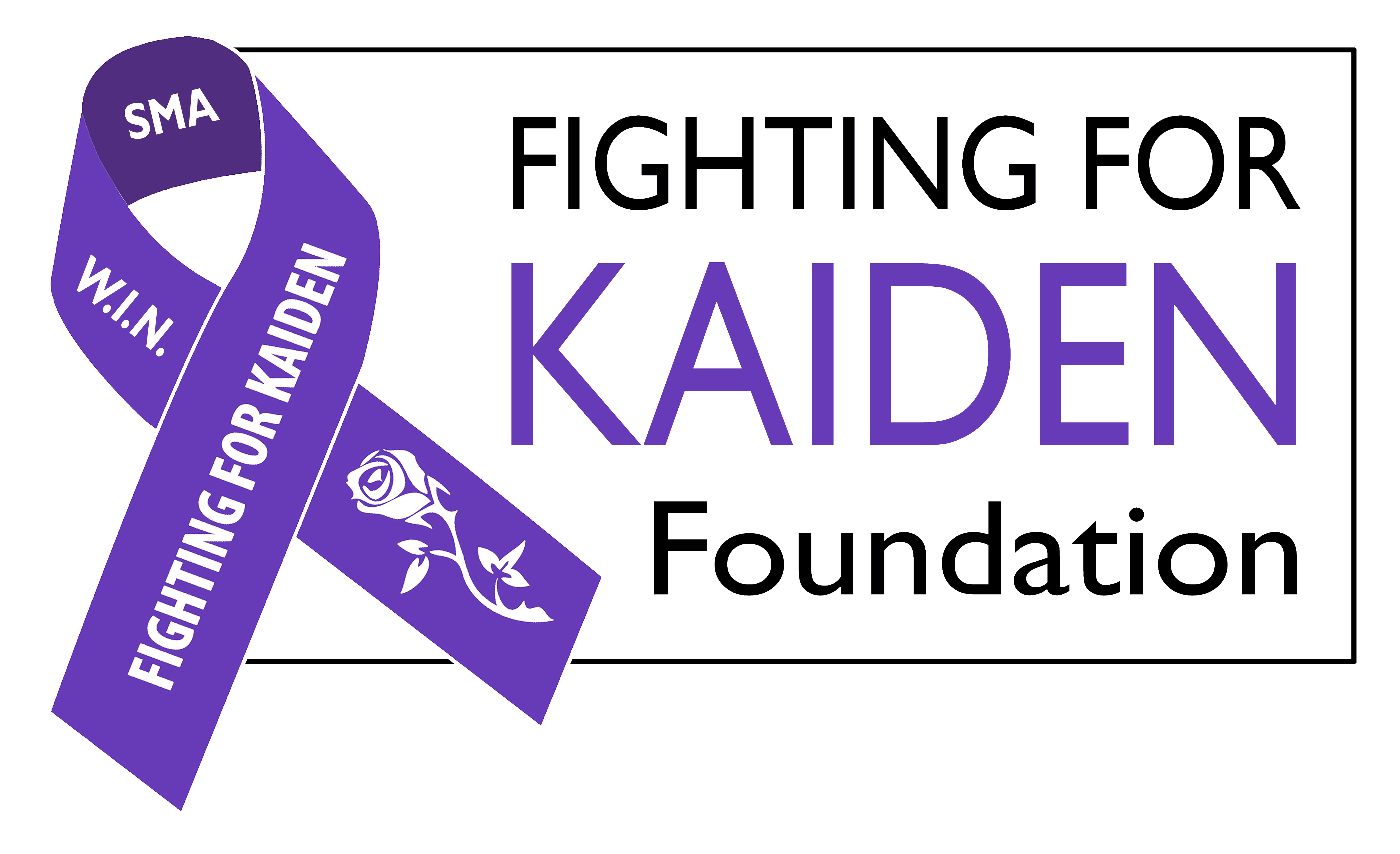Trusted Resources: Education
Scientific literature and patient education texts
Behavioral Problems in Infants and Young Children With Spinal Muscular Atrophy and Their Siblings: A Cross-Sectional Study
source: European Journal of Paediatric Neurology: EJPN
year: 2022
authors: Prateek Kumar Panda, Aparna Ramachandran, Prashant Kumar Verma, Indar Kumar Sharawat
summary/abstract:Introduction:
Older children and adults with spinal muscular atrophy (SMA) have been shown to have more anxiety, depression, and other behavioral problems in a few studies. But no similar studies have been performed in infants and young children with SMA.
Method:
Behavioral co-morbidities of young children with SMA were compared with healthy and children with chronic non-neurological illness control group. Infant Behavior Questionnaire-Revised (IBQ-R) and parent-report version of chid behavior checklist (CBCL) were used for infants and preschool-age children respectively.
Results:
A total of 35 SMA children (age at symptom onset-5.9 ± 2.8 months, at enrolment-21.4 ± 7.1 months, 65% boys, 11, 19 and 5 were SMA 1, 2 and 3 respectively) and 24 siblings (38.6 ± 11.2 months, 71% boys) were enrolled. We also enrolled 15 children with nephrotic syndrome as age and gender matched control to SMA children in age-group 2–5 years (27.7 ± 9.1 months, 67% boys). In infants with SMA, the scale scores of IBQ-R were significantly higher for distress to limitation, fear, sadness, and falling reactivity/rate of recovery from distress (p = 0.005; 0.03; 0.001, and 0.04) and lower for soothability as compared to healthy control group (p = 0.04). Similarly, for the three dimensions of temperament computed from these 13 domains, the mean scale score for surgency/extraversion was lower and negative affectivity was higher (p = 0.04 and 0.03), in infants with SMA as compared to healthy controls. For preschool age group, the internalizing problem scores (p = 0.009 and 0.03) and stress problem scores (p = 0.002 and 0.04) were higher in the SMA group, as compared to both the healthy control group and diseased control group. While assessing the syndrome scale scores, the score was higher for emotionally reactive (p = 0.0002 and 0.01) and anxious domains (p < 0.0001 and p = 0.0002) compared to both healthy and diseased control groups.
Conclusion:
Infants and young children with SMA suffer from increased internalizing problems like anxiety, depression and probably their healthy siblings are also at increased levels of stress, depicted by increased somatic complaints.
DOI: 10.1016/j.ejpn.2022.12.006
read more
Related Content
-
George Z. Mentis, PhDGeorge Mentis received pursued B.Sc in P...
-
How One Mother Is Raising Awareness for Spinal Muscular Atrophy – A Leading Genetic Cause of Infant DeathWhen Nicole Clark’s son Brady was born...
-
Patient and Caregiver Treatment Preferences in Type 2 and Non-Ambulatory Type 3 Spinal Muscular Atrophy: A Discrete ...Background: Spinal muscular atrophy (SMA...
-
Alex Fay, PhDDr. Alex Fay is a pediatric neurologist ...
-
Adult-Onset Non-5q Proximal Spinal Muscular Atrophy: A Comprehensive ReviewBackground: Adult-onset spinal muscular ...
-
Richard S. Finkel, MDDr. Richard S. Finkel is the Director of...
-
Every Day You Don’t Lose, You Are WinningJennifer Summers, 35, is an optimistic, ...






 Bookmark
Bookmark





